by Monte Willis (Editor), Jonathon W. Homeister (Editor), James R. Stone (Editor)
“This textbook of cardiovascular pathobiology is remarkable, not only for its breadth of topics, each treated by internationally recognized experts in the field, but also for the depth of mechanistic insight it provides. Reaching from the level of organ disease to nano-scale molecular dysfunction, it provides a comprehensive, state-of-the-art reference for students, researchers, and practitioners in the field of cardiovascular medicine and pathology.” — Michael A. Gimbrone, Jr, MD, Professor of Pathology, Harvard Medical School, and Director, Center for Excellence in Vascular Biology, Brigham and Women’s Hospital
“This book provides a refreshing re-examination of cardiac and vascular disease integrating classic anatomic pathology with state-of-the-art basic biomedical science and advanced clinical investigation to provide an understanding of pathogenesis of disease… The authors of Cellular and Molecular Pathobiology of Cardiovascular Disease use numerous examples to show that high-quality discovery science is the foundation for translational research to provide advanced diagnostic tools, new treatments and innovative prevention strategies to conquer cardiovascular disease… The content of the book is valuable for the novice in the field of cardiovascular pathobiology as well as for the seasoned veteran since it provides both breadth and depth in cardiovascular pathobiology. The content of the book should inspire novice undergraduate students to explore the pathobiology of cardiovascular disease by seeking hands-on opportunities to carry out mentored research projects working alongside faculty, graduate students and postdoctoral fellows.” — Avrum I. Gotlieb MDCM, FRCPC, Interim Vice Dean, Department of Laboratory Medicine and Pathobiology, University of Toronto
About the Editors Monte S. Willis, MD, PhD, is Associate Professor at the Department of Pathology and Laboratory Medicine, Director of Campus Health Services Laboratory, and Director of the McLendon Clinical Laboratories at the University of North Carolina in Chapel Hill, NC, where he leads a research team studying the role of the ubiquitin proteasome system in metabolism and the pathophysiology of cardiac disease and teaches in the School of Medicine and Graduate School. Dr. Willis received his combined MD and PhD training at the University of Nebraska Medical Center. He went on to complete a residency in the Department of Pathology and post-doctoral training in Burns, Trauma, and Critical Care in the Department of Surgery at the University of Texas Southwestern Medical Center. He has received multiple honors for his research, including the Cotran Early Career Investigator Award from the American Society of Investigative Pathology, and the Jefferson-Pilot Fellowship in Academic Medicine from the University of North Carolina School of Medicine. He is active on the editorial boards of the American Journal of Pathology, Cardiovascular Pathology, Journal of Molecular and Cellular Cardiology, American Journal of Physiology-Heart and Circulatory Physiology, and Skeletal Muscle.
Jonathon W. Homeister, MD, PhD, earned his Bachelor of Arts degrees in Biology and Chemistry in 1985 from Hope College, where he began his research endeavors mentored by Christoper C. Barney, PhD. He then earned the Doctor of Philosophy in Pharmacology, mentored by Benedict R. Lucchesi, MD, PhD, and the Doctor of Medicine from the University of Michigan in 1993. He received residency training in anatomic pathology at the University of Michigan Hospitals and is a Diplomat of the American Board of Pathology. After residency, he received additional research training as an Associate of the Howard Hughes Medical Institute, mentored by John B. Lowe, MD. He is currently an Associate Professor in the Department of Pathology and Laboratory Medicine, and member of the McAllister Heart Institute at the University of North Carolina at Chapel Hill, where he is also Director of the Molecular and Cellular Pathology Graduate Program. His clinical interests include cardiovascular, autopsy, and forensic pathology, and his research interests focus on the glycobiology inherent to leukocyte trafficking, with particular respect to the pathogenesis of cardiovascular diseases including atherosclerosis and thrombosis.
James R. Stone, MD, PhD, graduated summa cum laude from Wabash College with a BA in chemistry. He then completed the Medical Scientist Training Program at the University of Michigan where he earned both an MD and a PhD in biological chemistry. His doctoral thesis research was performed in the laboratory of Prof. Michael A. Marletta, where he purified and characterized the sensor for nitric oxide, the soluble form of guanylate cyclase. Dr. Stone completed the Anatomic Pathology Residency Program at Brigham and Women’s Hospital and Harvard Medical School. Dr. Stone completed clinical fellowship training in Cardiovascular Pathology at BWH under Prof. Frederick Schoen. He also completed post-doctoral research on endothelial cell biology in the Vascular Research Division at BWH and at Children’s Hospital with Prof. Tucker Collins. Dr. Stone is currently Head of the Cardiovascular Pathology Service and Director of the Autopsy Service at Massachusetts General Hospital. He is also an Associate Professor of Pathology at Harvard Medical School. Dr. Stone directs a research laboratory in the Center for Systems Biology at MGH studying mechanisms underlying cardiovascular diseases. His group has particular focus on vascular cell activation, vasculitis, and atherosclerosis, and on bridging the gap between model systems and human cardiovascular diseases.
Product Details
- ISBN-13: 9780124052062
- Publisher: Elsevier Science
- Publication date: 2/15/2014
- Pages: 338

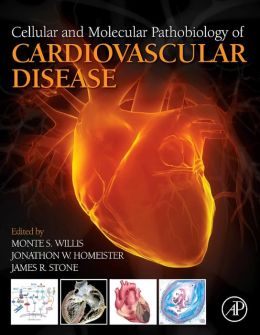
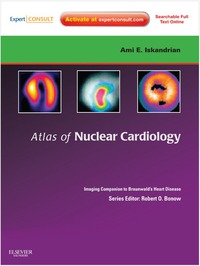

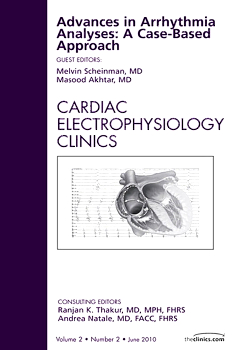

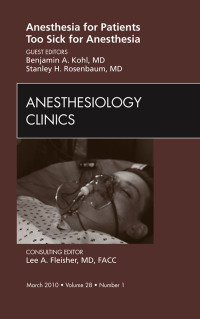
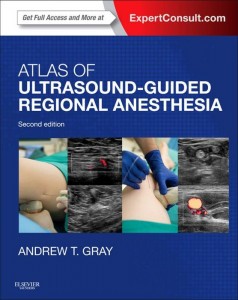
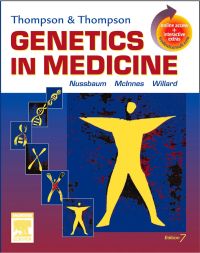
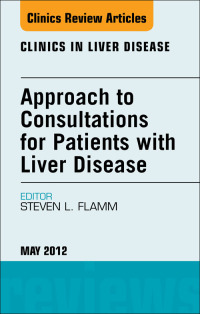
Reviews
There are no reviews yet.